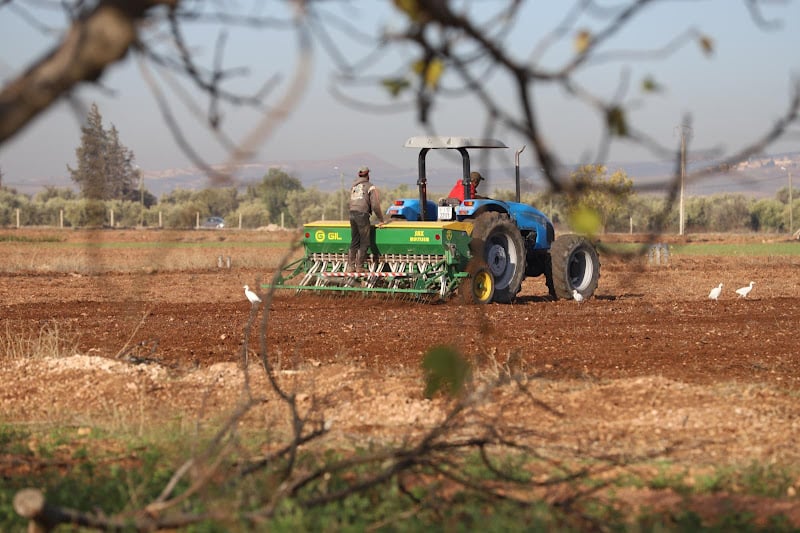Morocco has embarked on its 2024/2025 agricultural season with renewed optimism, buoyed by recent rainfall that has revitalized aquifers and improved reservoir water levels, creating favorable conditions for a promising season.
However, as significant challenges remain, this positive momentum must be tempered with caution.
The rainfall recorded over the past three months marks a pivotal shift after a particularly difficult agricultural year.
According to the Department of Studies and Financial Forecasts , national precipitation between September 1 and December 6, 2024, averaged 50 mm, nearly doubling the 27 mm recorded during the same period in 2023.
This increase in rainfall is expected to help replenish groundwater levels and provide essential moisture for crops, especially cereals, as the season begins.
Meanwhile, water reserves have shown improvement, with the fill rate of the country’s major reservoirs reaching 28.7% as of December 18, 2024—an increase of 5.2 percentage points compared to the same date last year.
This recovery, bringing the total volume of stored water to over 4.8 billion cubic meters, offers hope that the sector can recover from the devastating losses of the 2023/2024 campaign, during which cereal production fell by 43%, dropping to 31.2 million quintals.
In an interview with MAP, Zakaria Abbass, a researcher and professor of business strategy at the Euro-Mediterranean University of Fes, emphasized that the recent rains are a critical boon for Moroccan agriculture. “These late rains will not only replenish aquifers but also enhance soil moisture—key factors for an optimal start to cereal planting,” he said. However, he warned that the full recovery of the agricultural sector hinges on the continued regularity of rainfall over the coming months and the effective use of irrigation systems to compensate for past water deficits.
Abbass also noted that while current prospects are favorable, a cautious approach remains essential, given the unpredictable nature of climate change and the ongoing risks of irregular rainfall patterns. Thus, experts call for prudent forecasts and readiness to adapt to any potential climatic extremes.
In response to these challenges, the Ministry of Agriculture has rolled out a series of initiatives to support the 2024/2025 campaign.
These include distributing certified seeds at discounted prices, offering subsidies for phosphate and nitrogen fertilizers, and launching an ambitious irrigation program covering 700,000 hectares.
Abbass argues that while the subsidies for seeds and fertilizers will help reduce farmers’ production costs, they must be complemented by easier access to agricultural credit and a comprehensive revision of the supply chain to prevent price inflation driven by speculative market behavior.
He also points out that regions like Draâ-Tafilalet, which are especially vulnerable to drought, will require targeted support, including drought-resistant seed varieties and bolstered water infrastructure.
Despite the challenges, agriculture remains a cornerstone of Morocco’s economy.
The Agriculture and Agro-food sector, for example, reported a 22% increase in exports during the first month of the fourth quarter of 2024, a sharp rebound from the 0.6% decline observed in the same period the previous year.
Key crops such as vegetables, cereals, and legumes, supported by subsidies and weather insurance, are expected to play a crucial role in stabilizing domestic prices and strengthening food security.
As the sowing season unfolds, experts stress the importance of maintaining vigilance in the face of ongoing climate volatility.
The adoption of modern technologies, including remote sensing for more efficient irrigation management, alongside targeted support for smallholder farmers, will be key to navigating these challenges effectively.
Abbass further argues that digital transformation and the integration of smart agricultural technologies are critical for improving the management of both crops and resources.
The post Despite challenges, Morocco launches Morocco 2024/2025 agricultural campaign with optimism appeared first on HESPRESS English – Morocco News.





 No products in the cart.
No products in the cart.